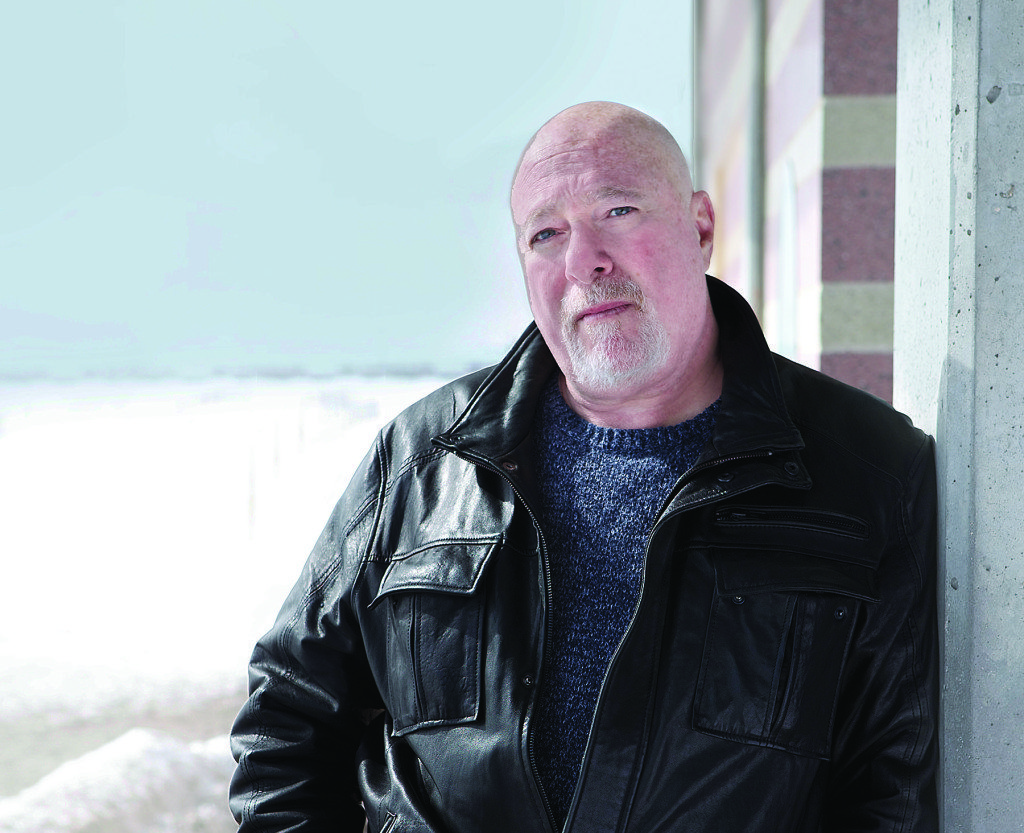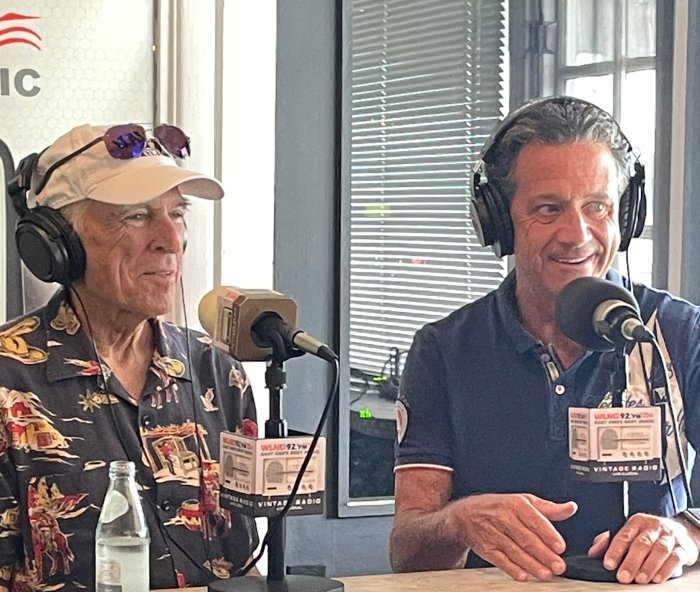Long Island’s American crime fiction writer pens new book
 “Fall in love with writing, not with what you’ve written.” That simple, but deep piece of advice comes from the pen of Reed Farrel Coleman, one of the most talented American crime fiction writers to enter the publishing world.
“Fall in love with writing, not with what you’ve written.” That simple, but deep piece of advice comes from the pen of Reed Farrel Coleman, one of the most talented American crime fiction writers to enter the publishing world.
Now best known for his Moe Prager series, Coleman, who grew up in Coney Island, began writing “typical unrequited love” poetry when he was 13 and by the time he was 15, was published in his school’s literary magazine at Lincoln High School.
At Brooklyn College, Coleman majored in philosophy, psychology and English literature. After college, he worked in the World Trade Center and JFK airport in the cargo business. But it wasn’t until a poetry class at the New School and a class in Literary American Detective fiction that Coleman got the writing bug.
“I was never really a crime fiction reader and two weeks into the class, I said, ‘this is what I want to do. I think I can do it,” said Coleman, whose wife was more than supportive of his decision to quit his job and try his hand at writing. “It took me two and a half years to write my first book and it got published, which is very rare. That started me, I was hooked.”
Coleman taught writing at Hofstra and was a founding member of Mystery Writers of America University. His first book Life Goes Sleeping, was published by Permanent Press in 1991. A natural talent, he said that luck was on his side as a lot of publishers at the time were willing to take on unagented manuscripts.
“I had a friend who made five copies of my books every night. He would give them to me and then I would send them out,” said Coleman who, armed with a writer’s market guide scoured the pages for anyone who published detective fiction. “I got about 40 rejections and then the 41st wasn’t a rejection.”
 Coleman has worked with many publisher’s throughout his 25-year career as an author. He is now at Penguin Random House under the imprint G.P. Putnam’s Sons, who published his most recent book and 23rd novel, Where It Hurts.
Coleman has worked with many publisher’s throughout his 25-year career as an author. He is now at Penguin Random House under the imprint G.P. Putnam’s Sons, who published his most recent book and 23rd novel, Where It Hurts.
“The book takes place on Long Island in Suffolk County. I’ve always hated the notion that there’s character and setting and plot as if they are all separate things,” said Coleman. “If your character isn’t of his or her setting then you’re doing something wrong. Gus Murphy is of Long Island and he knows Long Island. Take him out of Suffolk and he would kind of be lost.”
When writing the character of Gus Murphy, Coleman drew on his own Long Island experiences, like driving an oil truck for several years and delivering oil to the gritty parts of Long Island that weren’t the Hamptons or the Gold Coast.
“Who wants to read about rich people? I don’t. I want to write about people who struggle. What do writers know better than anything? Struggle,” said Coleman of the territory that no one seemed to explore. “Gus is a recently retired Suffolk County uniformed policeman. He had it all; happily married, had two almost grown kids, a great pension, a house in Commack, and one day his son dies. Overnight, his world blew apart.”
Two years after his son’s death, Gus is still in unbelievable grief. He tries to keep busy by taking calls as a house detective, and one morning, Gus comes across a man who asks him to help find the people who murdered his son, because the Suffolk County police don’t seem very interested.
“When a crime happens to you, suddenly the stuff you read about in the paper that you’re not paying attention to, that’s you,” said Coleman, who understands grief and feeling violated after the loss of his parents and his apartment was robbed. “That’s what writers do, they take experiences that happened to them and they extrapolate them.
When creating a character, Coleman feels he or she needs to be interesting because if they are not, it doesn’t matter if they are relatable.
“Gus is struggling with grief and trying to make sense of the world,” he said. “He’s a good guy, he’s confident, but he’s got his faults.”
 Coleman is not necessarily inspired by crime, but by people in the midst of heightened emotion during wartime, grief, crime and even everyday life.
Coleman is not necessarily inspired by crime, but by people in the midst of heightened emotion during wartime, grief, crime and even everyday life.
“Who wants to write about the routine? How do you see what people are really like? Strip away the everyday armor and what people hide behind,” he said of putting people in a frightening situation to see what they are really like.
Coleman writes two books per year and is not only an award-winning author (he won the Shamus Award and was nominated for the Edgar Award three times), but a two-time New York Times best-selling author as well. “It’s a dream to see your name in the New York Times. They can never take that away from you.”
The author, who is inspired by everything he reads, is influenced by writers Lawrence Block, Philip Kerr, S.J. Rozan and Peter Blauner. He said one of the keys to being a good writer is to be open.
“There are people I read now who make me change how I write,” he said. “I read every day, why should I stop?”
With a plethora of stand-alone novels, collaborations, short stories and poetry under his belt, Coleman enjoys writing anything, but when it comes to a series, he enjoys watching a character evolve or devolve over the course of a few books.
“It’s easier to write a series book after your first one because you know the setting and you know most of the cast of characters. When I sat down and wrote the second book in the series, called What You Break, I didn’t have to spend time creating that environment,” said Coleman. “I like watching characters change, sometimes grow, sometimes not grow.”
Parting with a piece of advice for aspiring writers everywhere, Coleman believes that “the most important thing a writer can do is write a lot and develop an editorial ear.”
“Fall in love with writing, not with what you’ve written,” he said. “I write every day. There is no such thing as wasted writing.”
Where It Hurts hits bookshelves on Jan. 26.






























